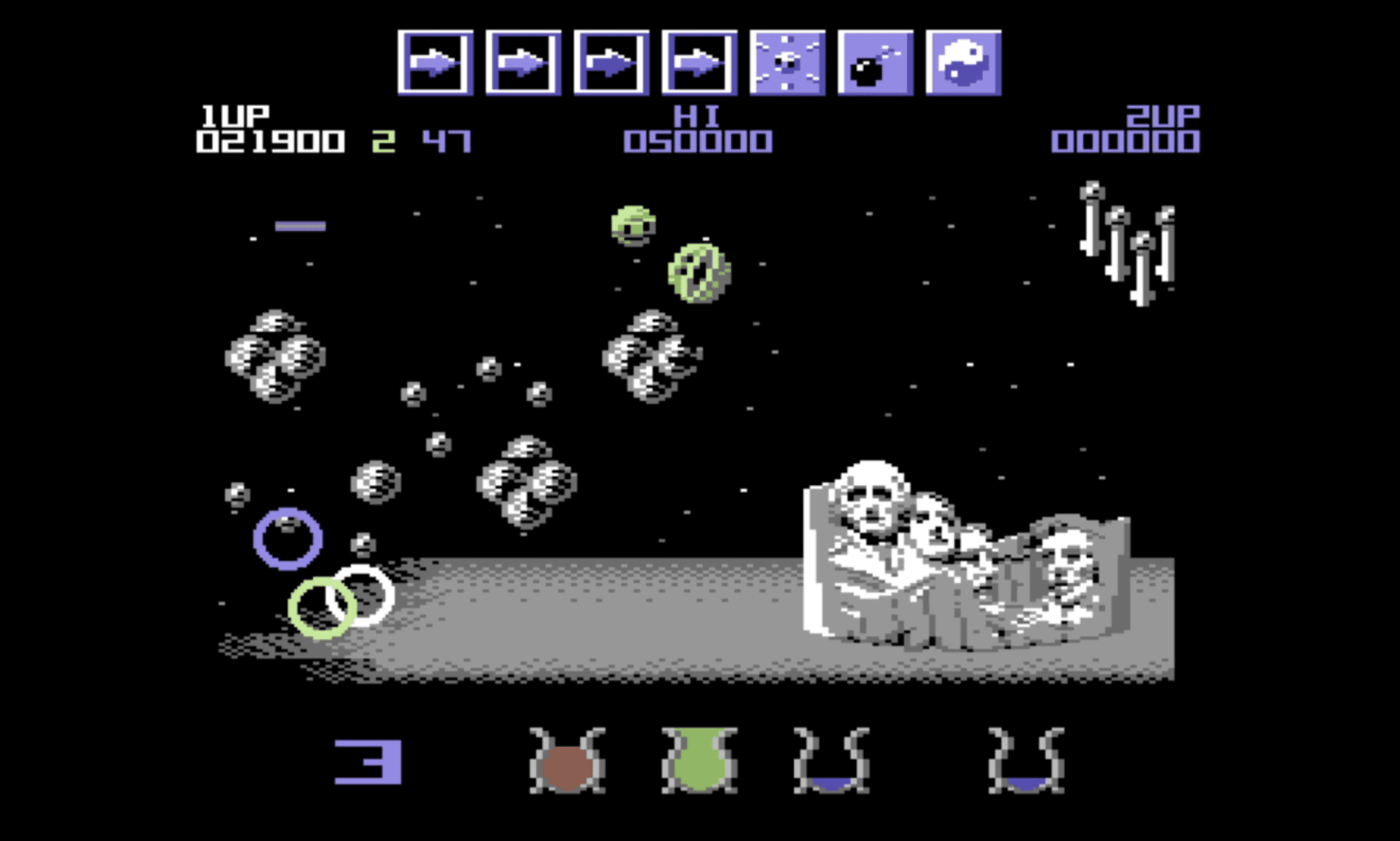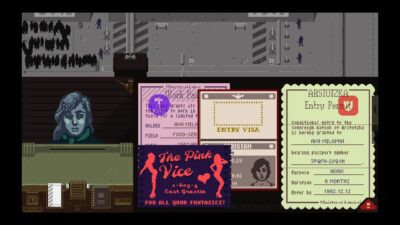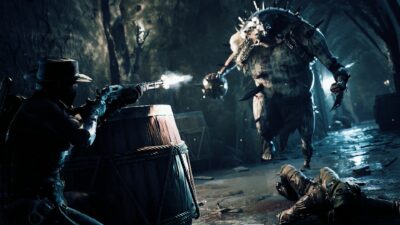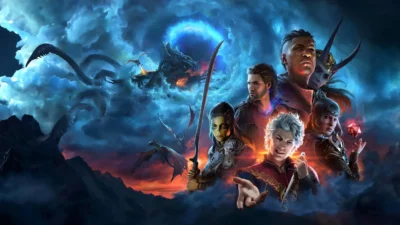
On 9 May, it was announced that David Ward, the co-founder of Ocean Software, had sadly passed away at the age of 75. Ward and his business partner, Jon Woods, were serial entrepreneurs who saw an opportunity to get into the business of computer games in the early 1980s, and they rose to become one of the UK’s, and indeed the world’s, biggest games companies – responsible for such hits as RoboCop, Wizball, Daley Thompson’s Decathlon, and hundreds of other titles besides, on platforms like the ZX Spectrum and the Commodore Amiga. Ward’s steady hand and trust in his employees was integral to the company’s success, and his passing represents another severed link to the glorious days of yore, and a tragic loss. Not only that, it also brings into focus the importance of making sure that the stories of these people, and these companies, are preserved.
It’s fortunate that Ward, and many other ex-Ocean employees, have been able to relay their stories and experiences of the company, in magazines such as Retro Gamer and books like Chris Wilkins and Roger Kean’s excellent The History of Ocean Software. They paint a picture of an ambitious company, with a drive and talent that far exceeds the somewhat negative reputation it had for an excess of movie tie-in games, or the occasional turkey that comes with such a large output (the memories of Highlander may haunt some people forever).
In many ways, it’s taken the telling of these stories for more people to realise just how good Ocean Software was, and how much it’s been missed since it ebbed away in 1998. Just look at the sheer talent that was crammed into the so-called ‘dungeon’ in the Quaker building on Manchester’s Central Street: the likes of Mike Lamb, Jim Bagley, and the late Jonathan “Joffa” Smith, all concentrated in one small space.
Even if the story of a major company such as Ocean is well documented, there are still many stones left to turn over from that breakneck boomtime in the 1980s – from the simplest of mysteries to large and notable chasms, a full tapestry of the UK games industry in the microcomputer era is still yet to be finished. In fact, it may never be completed at all, but as time marches on, it remains critically important to continue to try and recover as much of these details as possible, as we’re sadly reminded further of the unsolvable problem that is mortality.
The art of preservation deals with many different areas – not just the excavation of long-lost gems and unfinished works on dusty ROM cartridges, but also the lived experiences of the people who were there, who may well be befuddled that some people are so interested in the jobs they did 30-plus years ago.
But hopefully this interest and eagerness to continue to add to the tale of the microcomputers isn’t something that will gradually fade away.





